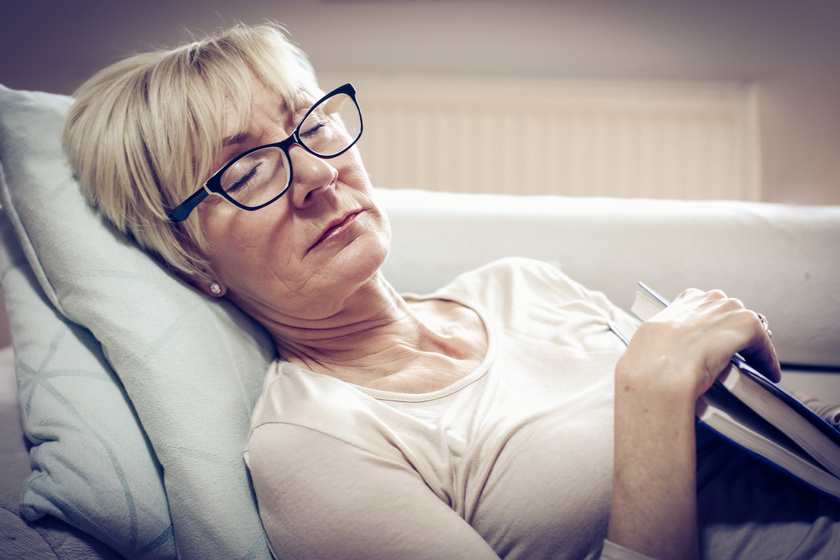Have you found yourself or an elderly loved one using age to justify excessive sleep? While it’s healthy to get at least eight hours of sleep a day, this can quickly escalate if you find that you are getting up to ten hours of sleep or taking several naps throughout the day. When that’s the case and you can point to no specific health or medical condition that’s causing extreme fatigue, it’s time to take a look at the impact of excessive sleep on older adults.
When Is Getting Excessive Sleep Alarming?
Ask yourself the following questions about your elderly parent when determining if getting excessive sleep is alarming for them:
- Have they been diagnosed with any condition that contributes to daytime fatigue?
- Are they active in their daily lives – for instance, are they still able to drive?
- Can they get around relatively independently, even with the help of a cane or walker?
- Do they use their age as an excuse to nap frequently?
- Are there any specific conditions under which they tend to fall asleep despite not being particularly tired, such as when lounging in their favorite recliner?
- Do their blood tests show up normal for conditions such as endocrine disorders and sleep apnea?
If you answered yes to one or more of the following questions, there’s no health reason that your elderly parent would need more than their daily eight hours of sleep. Getting a little shuteye midday can be normal, however, anything more than that can point towards boredom-induced fatigue.
The Dangers of Excessive Sleep
You may be wondering if there’s anything harmful about excessive sleep. Did you know that sleeping for more than 10 hours a day is linked to a higher risk of heart disease in adults over 45? In addition, the risk of premature death is greater in older adults who get more than 9 hours of sleep each night. Keep in mind that this refers to excessive sleep that happens overnight. If your elderly parent takes a short nap in the day without sleeping excessively at night, this doesn’t necessarily apply.
Warding Off Excessive Sleep
If there’s no physical or health reason that your elderly parent should be experiencing a higher than normal level of fatigue, you may want to consider how they keep themselves occupied in the daytime. Is your parent involved in any activities, and how often do they get out to socialize? Watching TV or reading at home is all well and good, however, there’s only so long this can keep a person occupied before they start to get sleepy.
Our Retirement Community Offers a Range of Senior Living Programs
If you or your elderly parent are struggling to find meaningful activities to occupy their time with while aging in place, consider making the move to a retirement community. From active independent living to assisted living, you can easily find a lifestyle option that suits your needs at our retirement community!







